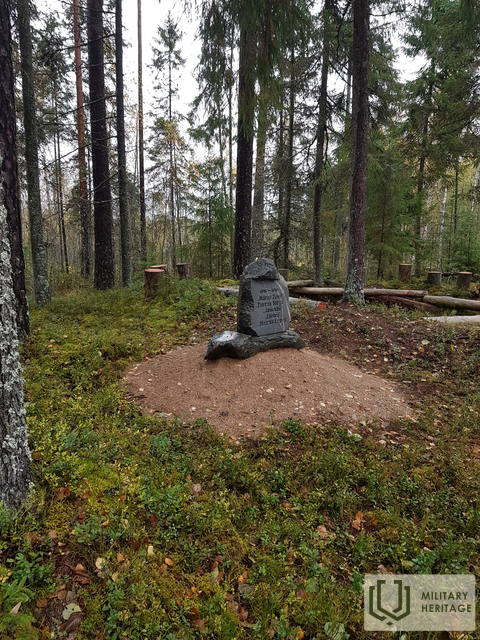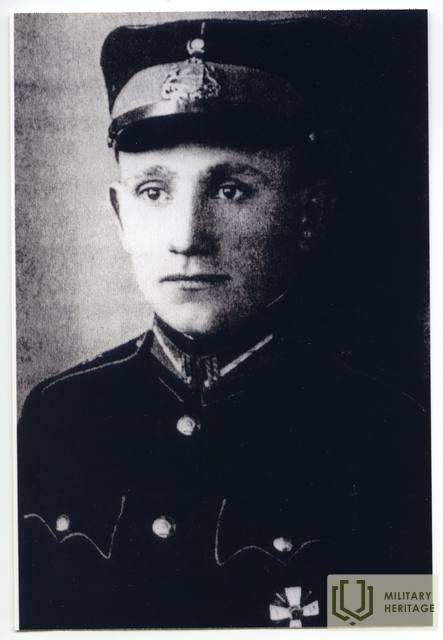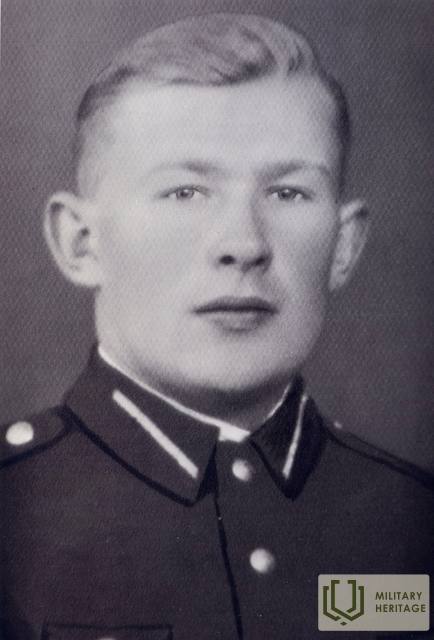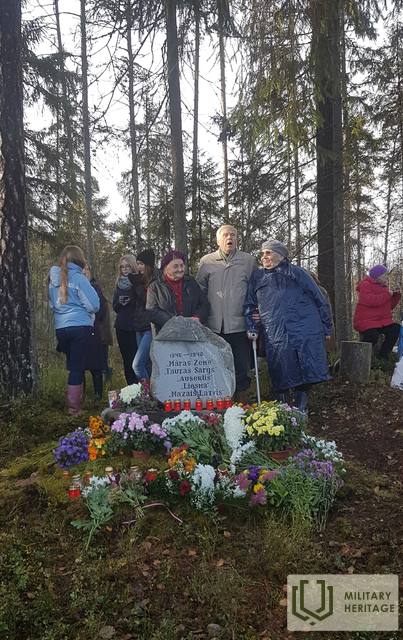Atminimo vieta „Bitanos bunkeriai“
Memorialinė vieta

Įsikūręs Mālupės valsčiuje, Alūksnės sav.
Atminimo akmuo atidengtas 2017 m. spalio 13 d. Akmenkalis Ainārs Zelčs.
1945 m. rugpjūčio 24 d. Latgaloje, Dubnos miškuose, buvo įkurta Latvijos nacionalinė partizanų asociacija (LNPA), kurios tikslas buvo atkurti 1918 m. Latvijos Respubliką. Siekiant geriau koordinuoti partizanų grupių veiklą, buvo įsteigti regioniniai štabai. Bejos, Mālupės ir Mārkalnės valsčiuose veikusios nacionalinės partizanų grupės susijungė į „Priedolainės“ sektorių. Regioniniam štabui vadovavo Janis Liepacis. Kiekviename regioniniame štabe buvo įsteigti propagandos skyriai. Vienas iš jų, vadovaujamas Janio Bitāna, buvo įkurtas Mālupės valsčiaus miškų masyve. Čia, bunkeryje, nuo 1946 iki 1948 m. buvo spausdinami penki Latvijos nacionalinės partizanų asociacijos spaudos leidiniai: „Mazais Latvis“, „Liesma“, „Auseklis“, „Māras Zeme“ ir „Tautas Sargs“. Alūksnės gimnazijos jaunimo pasipriešinimo judėjimas „Dzimtenes Sili“ dalyvavo informacijos rengime ir skleidime.
Panaudoti šaltiniai ir literatūra:
2015 metais Alūksnės ir Apės rajonų politiškai represuotųjų klubo „Sarma“ vadovė Dzidra Mazika kartu su klubo nariais atnaujino tyrimą apie nacionalinio pasipriešinimo judėjimo dalyvių veiklą Alūksnės ir Apės rajonuose. Šio renginių ciklo metu buvo tiriamos partizanų veiklos vietos, fotografuojama ir filmuojama, užfiksuojami liudininkų prisiminimai, šios vietos sutvarkomos, įkurtos ir atidarytos memorialinės vietos. Aktyviai Nacionalinio pasipriešinimo judėjimo veiklos tyrime dalyvavo: Alūksnės ir Apės rajonų politiškai represuotųjų klubo „Sarma“ vadovė Dzidra Mazika; istorikė Astrīda Ievedniece, Nacionalinės gvardijos 31-ojo bataliono veteranai ir vadas Juris Ločas, taip pat Alūksnės rajono savivaldybė.














